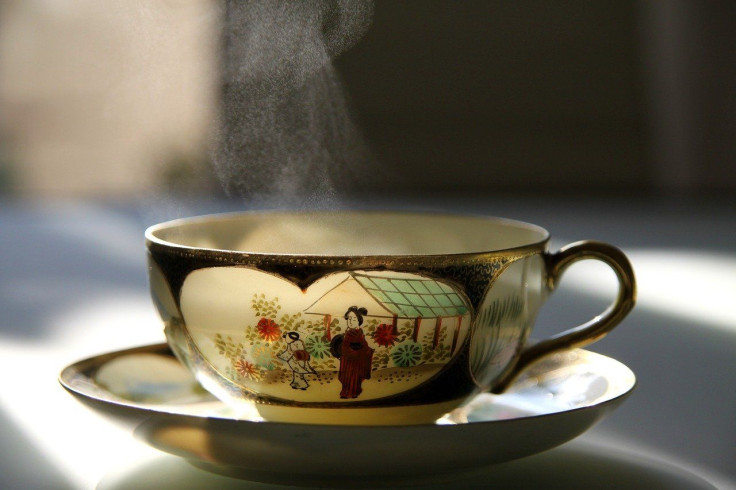Drinking Coffee And Tea May Lower Dementia, Stroke Risk: Study
KEY POINTS
- Stroke and dementia share some of the same risk and protective factors
- Researchers looked at the link of coffee and tea on stroke and dementia risk
- Coffee intake alone or with tea was linked to a lower risk of poststroke dementia
Drinking coffee and tea, whether separately or in combination, may help reduce the risk for stroke and dementia, a new study has found.
Stroke and dementia are both an "increasing global health concern," the researchers of a new study published in PLOS Medicine, noted. As the Public Library of Science news release explained, strokes cause 10% of deaths globally, while dementia is the general term used to describe the symptoms linked to the decline in brain function. Post-stroke dementia is the condition wherein a person experiences dementia symptoms after having a stroke.
According to the researchers, stroke and dementia "confer risks for each other" and also share some of the same risk and protective factors. For instance, having a stroke "doubles" the chance of developing dementia, the researchers noted. Since stroke is more common than dementia, over a third of dementia cases may be prevented by preventing strokes.
"Previous studies have revealed the involvement of coffee and tea in the development of stroke and dementia," the researchers wrote. "However, little is known about the association between the combination of coffee and tea and the risk of stroke, dementia, and poststroke dementia. Therefore, we aimed to investigate the associations of coffee and tea separately and in combination with the risk of developing stroke and dementia."
For their study, the researchers from Tianjin Medical University in Tianjin, China utilized data from 365,682 healthy participants of the U.K. Biobank who were 50 to 70 years old. These participants, who were recruited some time from 2006 to 2020 and were followed until 2020, reported their coffee consumption.
In total, 10,053 experienced at least one stroke while 5,079 developed dementia during the study period, the news release noted. However, those who had two to three cups of coffee, three to five cups of tea, or a combination of four to six cups of tea and coffee had the lowest "hazard ratio" of stroke and dementia.
"(T)he separate and combined intake of tea and coffee were associated with lower risk of stroke, ischemic stroke, dementia, and vascular dementia," the researchers wrote. "(P)articipants who reported drinking 2 to 3 cups of coffee with 2 to 3 cups of tea per day were associated with about 30% lower risk of stroke and dementia."
Furthermore, the researchers also found that drinking coffee "alone or in combination with tea" was also linked with lower risk of poststroke dementia.
According to the researchers, the results suggest a possible benefit of drinking coffee and tea to dementia, stroke and poststroke risk. However, "causality cannot be inferred."
"Our findings support an association between moderate coffee and tea consumption and risk of stroke and dementia," the researchers concluded. "However, whether the provision of such information can improve stroke and dementia outcomes remains to be determined."

© Copyright IBTimes 2025. All rights reserved.






















